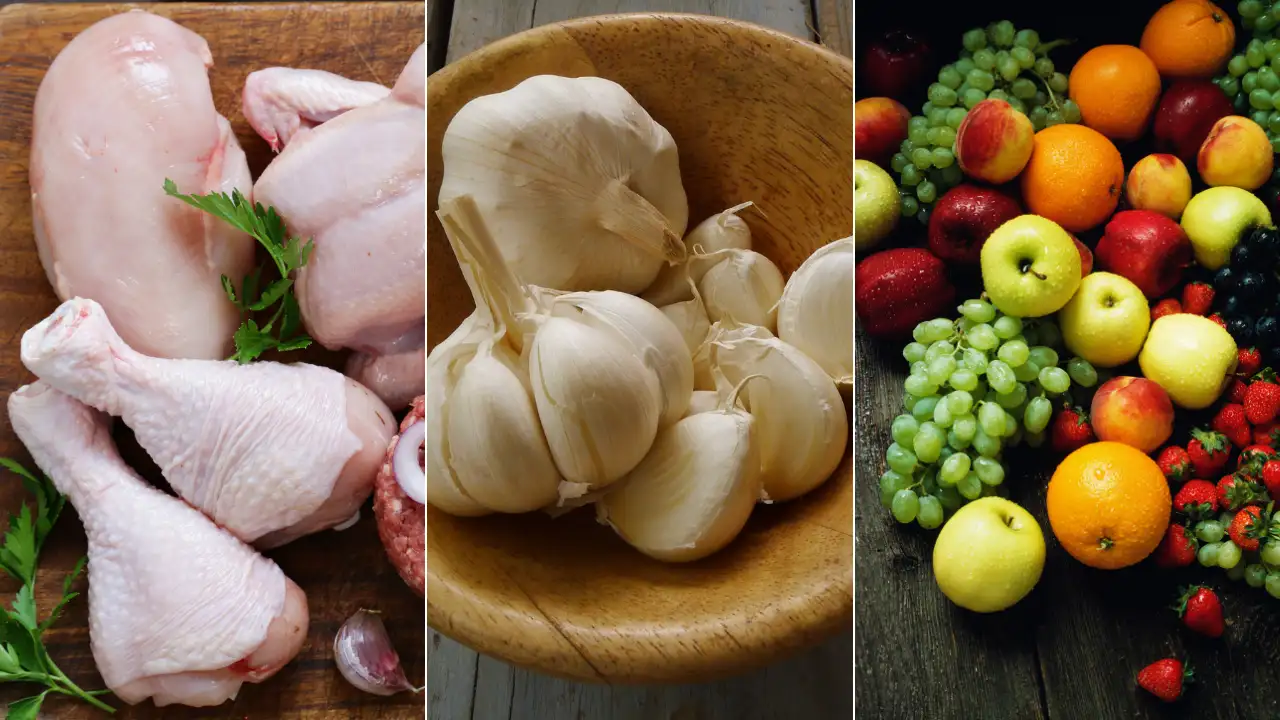Think Twice Before Storing THESE Foods In Plastic Containers – Common Mistakes You Should Avoid
By Sakshi Arora
Copyright timesnownews

Storing food in plastic containers is not a new concept, as most of us heavily rely on storing the leftovers, pantry staples and whatnot to make our fridge or kitchen look organised. But despite their convenience, plastic containers aren’t always the best choice for food storage, especially when it comes to certain foods. What you might not realise is that some ingredients can react with plastic, which leads to faster spoilage and contamination. If you’ve opened a container to find your food looking discoloured or just off, plastic is the one to blame. We have rounded up a list of 5 foods that you should never store in plastic. Garlic, onions and fresh herbs Well, garlic, onions and fresh herbs are considered the most used foods in Indian households. When it comes to storage, you should never store them in plastic containers, as food with intense odour can cling to the container even after the food is gone. As for fresh herbs, plastic containers can cause them to spoil and wilt quickly due to poor air circulation. You can simply store herbs in a damp paper towel or glass jar, and for pungent items like onions and garlic, use glass jars or steel containers with tight lids. Fresh fruits You should think twice before storing fresh fruits in plastic containers. Citrusy fruits and berries are considered sensitive to moisture and require ventilation to stay fresh for long. Plastic containers without proper ventilation trap moisture and create the perfect environment for spoilage and mould. You can use breathable containers or mesh plastic bags for storage. Dairy products Dairy items like cheese and yoghurt require proper airflow to stay fresh. These containers trap moisture, which also creates an anaerobic environment that not only speeds up spoilage but promotes bacterial growth too. This can also mess with the texture of the daily products. You can either keep the dairy products in their original packaging till the time you’re not using them or wrap cheese in wax or parchment paper before storing it in glass containers. Raw meat Storing raw meat in plastic containers might seem convenient, but it’s not considered the safest option. Cross-contamination is a serious concern, especially if the container is not sanitised properly. Raw meat juices can simply get absorbed into the scratches or seams in plastic, which also makes it difficult to fully clean or sanitise afterwards. Even worse, if the container doesn’t have a secure seal, leakage can occur, posing a health hazard. Hot foods Considered one of the biggest mistakes, pouring hot foods directly into plastic containers is definitely not a great method. High temperatures of warm food can cause plastic to release harmful chemicals, including BPA and more, even in the containers labelled as ‘microwave-safe.’ For storage, allow the food to cool at room temperature before transferring it to containers. You can also use heat-resistant glass containers that won’t react to temperature changes.



